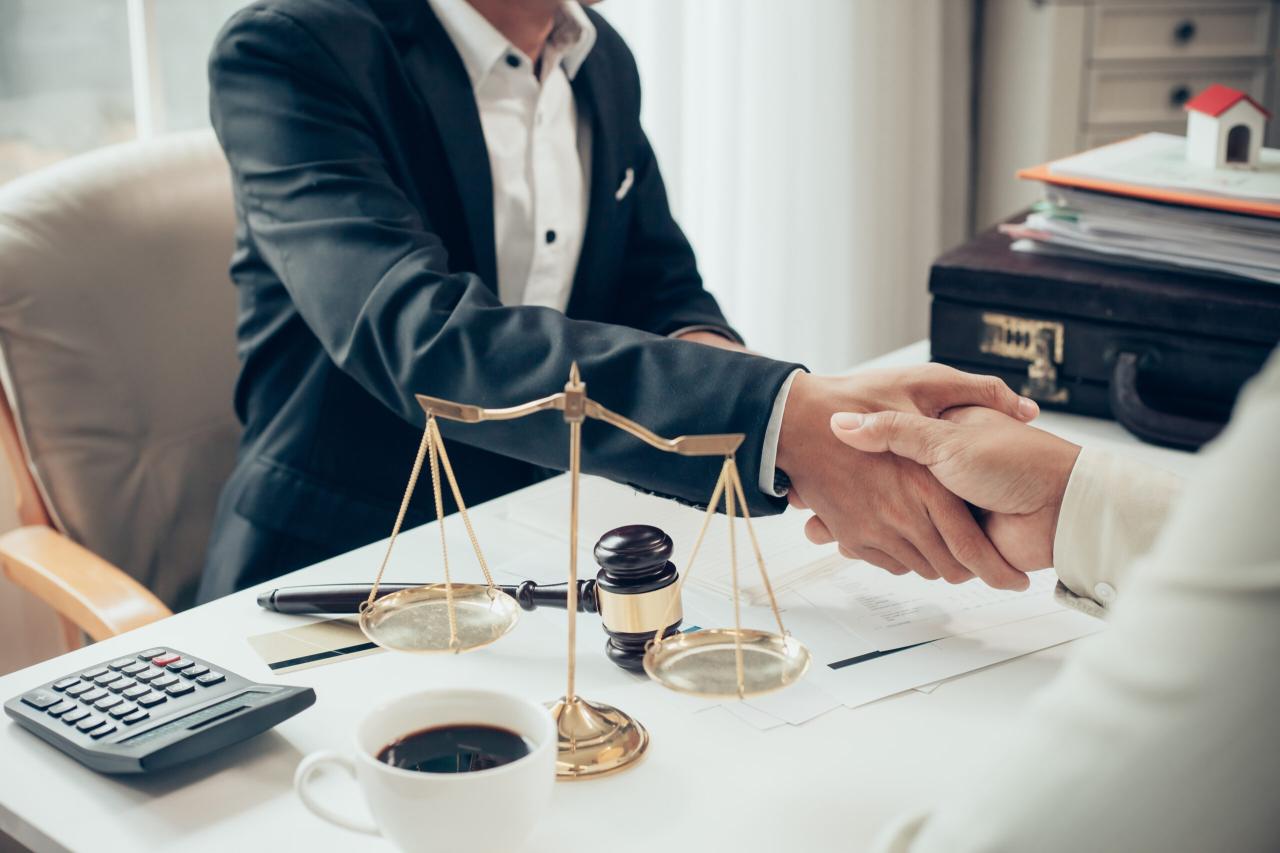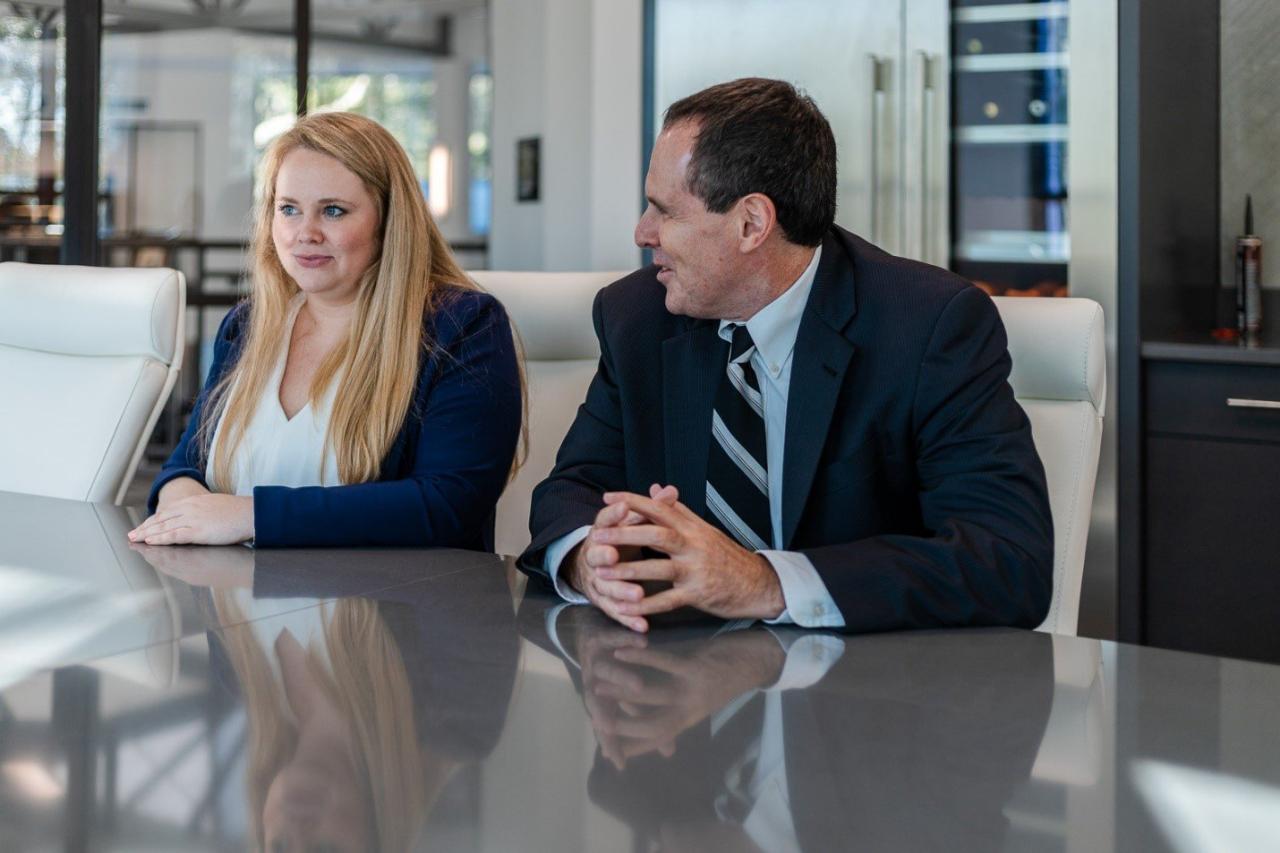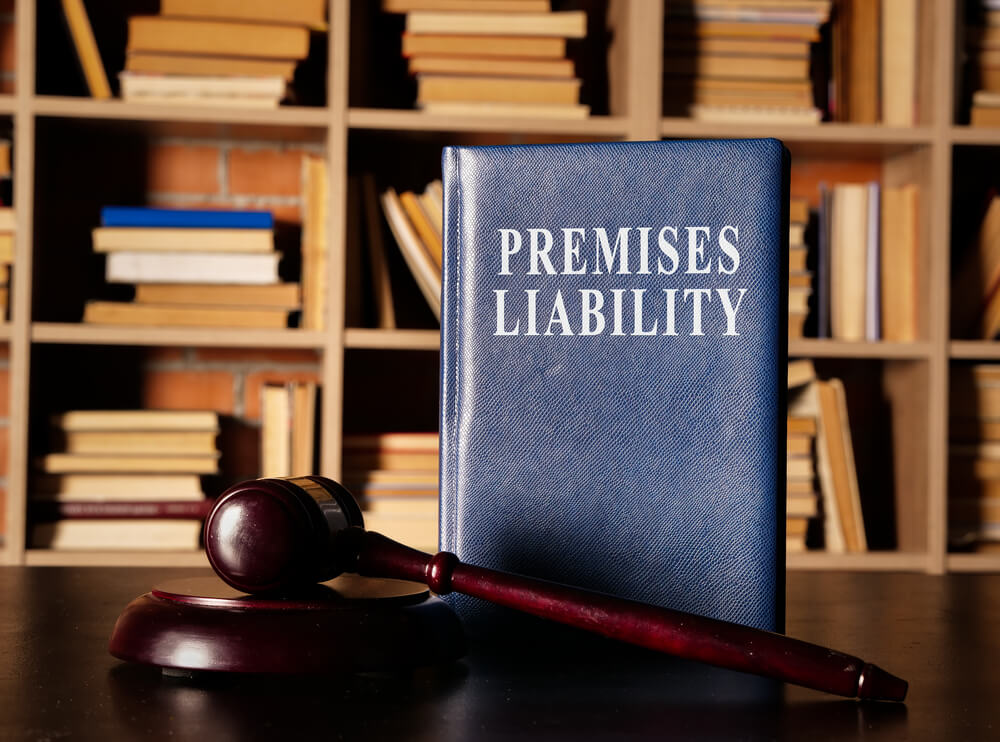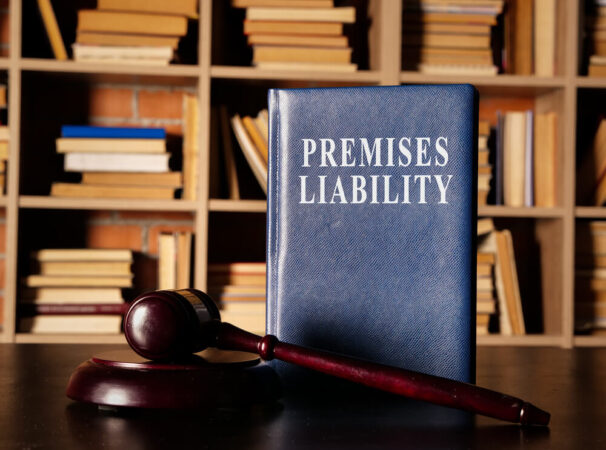
Types of Premise Liability

Premises liability encompasses a broad range of cases involving injuries sustained on another’s property. These cases fall into three main categories: slip-and-falls, negligent security, and inadequate maintenance.
Slip-and-Falls
Slip-and-falls are the most common type of premise liability case. They occur when a person slips, trips, or falls due to a hazardous condition on a property. Examples include:
- Wet or icy sidewalks
- Loose floorboards
- Uneven surfaces
- Improperly placed mats
Negligent Security
Negligent security cases arise when a property owner fails to provide adequate security measures, resulting in an injury to a visitor. Examples include:
- Unsecured doors or windows
- Lack of lighting in parking lots or walkways
- Failure to hire security guards
- Negligent hiring of security personnel
Inadequate Maintenance
Inadequate maintenance cases occur when a property owner fails to properly maintain their property, leading to an injury. Examples include:
- Cracked or broken sidewalks
- Loose railings or stairs
- Unmaintained swimming pools
- Overgrown vegetation blocking walkways
Legal Elements of Premise Liability
In a premise liability case, the plaintiff must prove four legal elements to establish liability:
- Duty of care
- Breach of duty
- Causation
- Damages
These elements must be proven by a preponderance of the evidence, meaning that it is more likely than not that the defendant is liable for the plaintiff’s injuries.
Duty of Care
The first element of premise liability is duty of care. This means that the defendant owed a duty to the plaintiff to keep the premises safe. The duty of care varies depending on the status of the plaintiff, such as whether they were an invitee, licensee, or trespasser.
Invitees are owed the highest duty of care. This is because they are invited onto the premises for the benefit of the defendant, such as customers in a store or guests at a party.
Licensees are owed a lesser duty of care than invitees. This is because they are permitted to enter the premises for their own benefit, such as a social guest or a repair person.
Trespassers are owed the lowest duty of care. This is because they have no right to be on the premises, such as a burglar or a vandal.
Defenses to Premise Liability
Defenses to premise liability claims are arguments that a property owner or occupier uses to avoid liability for injuries or damages sustained by a person on their property. Some common defenses include:
Contributory Negligence
Contributory negligence is a defense that alleges that the injured person’s own carelessness or negligence contributed to their injuries or damages. For example, if a person slips and falls on a wet floor, but they were wearing high heels and not paying attention to where they were walking, the property owner may argue that the person’s own negligence contributed to the fall and therefore they are not liable.
Assumption of Risk
Assumption of risk is a defense that alleges that the injured person voluntarily assumed the risk of injury or damage by entering the property. For example, if a person goes swimming in a pool that has a sign warning of deep water, the property owner may argue that the person assumed the risk of drowning by entering the pool.
Open and Obvious Doctrine
The open and obvious doctrine is a defense that alleges that the hazard or defect that caused the injury or damage was open and obvious, and therefore the injured person should have been aware of it and avoided it. For example, if a person trips over a crack in the sidewalk, the property owner may argue that the crack was open and obvious and the person should have seen it and avoided it.
Role of a Premise Liability Lawyer

Premises liability lawyers play a crucial role in protecting the rights of victims who have suffered injuries due to unsafe or dangerous property conditions. They possess the legal expertise and experience to navigate the complexities of premise liability cases, ensuring that victims receive fair compensation for their losses.
Premise liability lawyers provide a comprehensive range of legal services to their clients, including:
Investigation of the Accident
A thorough investigation is essential to establish liability and build a strong case. Premise liability lawyers conduct detailed investigations, gathering evidence such as accident reports, witness statements, and property inspection reports. They also work closely with experts, such as engineers and safety consultants, to determine the cause of the accident and identify responsible parties.
Negotiation with Insurance Companies
Insurance companies often attempt to minimize their liability and deny claims. Premise liability lawyers have the experience and skills to negotiate effectively with insurance companies, ensuring that victims receive fair compensation for their injuries.
Representation in Court
If necessary, premise liability lawyers will represent their clients in court. They prepare and file lawsuits, present evidence, and advocate for their clients’ rights. Their legal expertise and courtroom experience increase the chances of a successful outcome.
Choosing a Premise Liability Lawyer

Choosing the right premise liability lawyer can significantly impact the outcome of your case. Consider the following factors:
Track Record
Look for a lawyer with a proven track record of success in handling premise liability cases. Check their website or online reviews to see if they have a history of obtaining favorable settlements or verdicts for their clients.
Experience
Experience is crucial in premise liability cases. Choose a lawyer who has extensive experience investigating and litigating these types of claims. They will have a deep understanding of the legal issues involved and the strategies necessary to maximize your recovery.
Fees
Discuss the lawyer’s fees upfront to avoid any surprises. Most premise liability lawyers work on a contingency fee basis, which means they receive a percentage of the settlement or verdict you receive. Inquire about the lawyer’s fee structure and ensure you are comfortable with the arrangement.
Communication Style
Effective communication is essential. Choose a lawyer who is responsive, easy to reach, and keeps you informed about the progress of your case. You should feel comfortable discussing your case with them and asking questions.
Referrals
Ask for referrals from friends, family, or other professionals. Personal recommendations can provide valuable insights into the lawyer’s skills and reputation.





